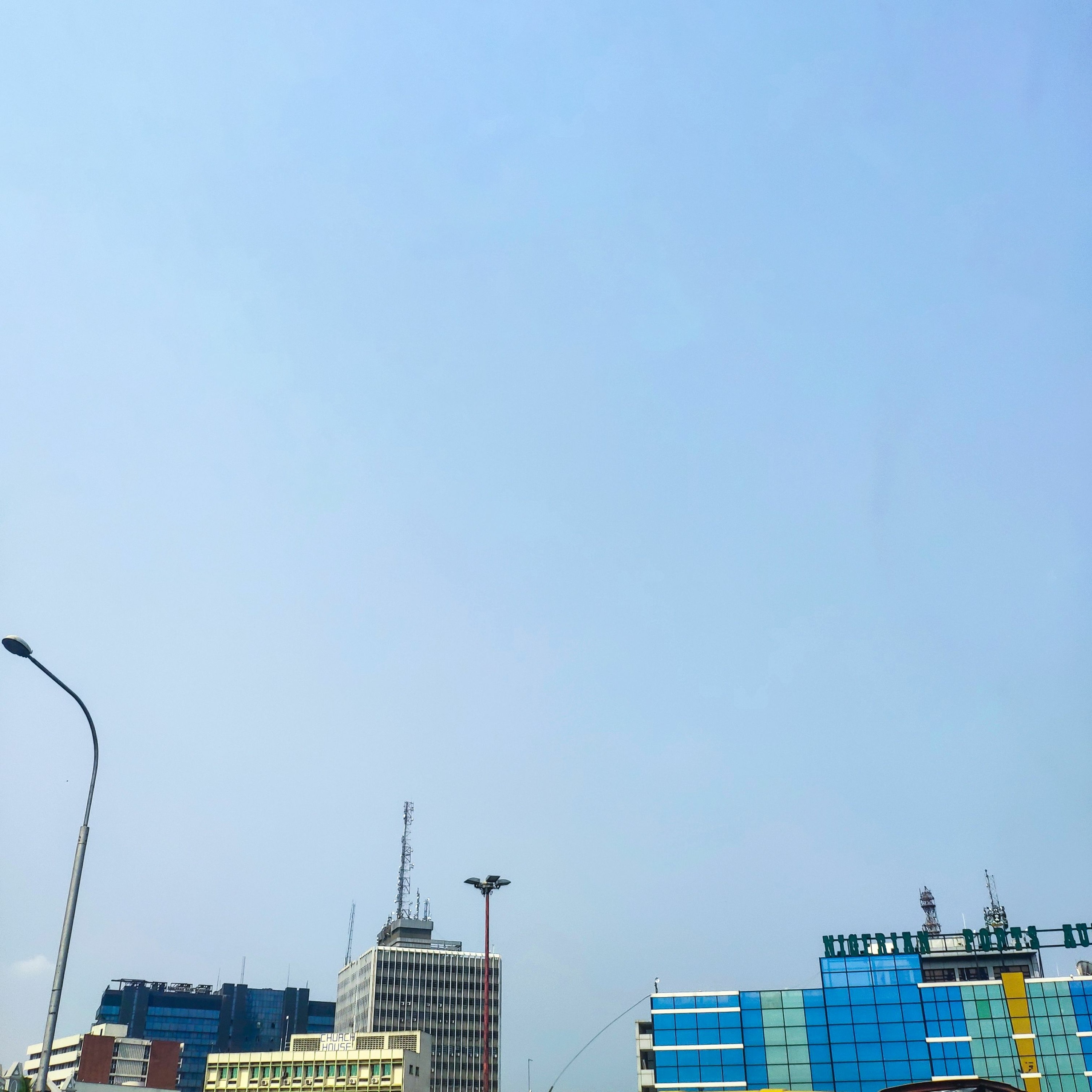- Technology
- SEE MORE
- classical
- general
- talk
- News
- Family
- Bürgerfunk
- pop
- Islam
- soul
- jazz
- Comedy
- humor
- wissenschaft
- opera
- baroque
- gesellschaft
- theater
- Local
- alternative
- electro
- rock
- rap
- lifestyle
- Music
- como
- RNE
- ballads
- greek
- Buddhism
- deportes
- christian
- piano
- djs
- Dance
- dutch
- flamenco
- social
- hope
- christian rock
- academia
- afrique
- Business
- musique
- ελληνική-μουσική
- religion
- World radio
- Zarzuela
- travel
- World
- NFL
- media
- Art
- public
- Sports
- Gospel
- st.
- baptist
- Leisure
- Kids & Family
- musical
- club
- Culture
- Health & Fitness
- True Crime
- Fiction
- children
- Society & Culture
- TV & Film
- gold
- kunst
- música
- gay
- Natural
- a
- francais
- bach
- economics
- kultur
- evangelical
- tech
- Opinion
- Government
- gaming
- College
- technik
- History
- Jesus
- Health
- movies
- radio
- services
- Church
- podcast
- Education
- international
- Transportation
- Other
- kids
- podcasts
- philadelphia
- Noticias
- love
- sport
- Salud
- film
- and
- 4chan
- Disco
- Stories
- fashion
- Arts
- interviews
- hardstyle
- entertainment
- humour
- medieval
- literature
- alma
- Cultura
- video
- TV
- Science
- en
African Fintech Signal Check 2019: What Can Africa Learn From India? (Part 2) feat. Arunjay Katakam

b'So, unless you\\u2019ve been living under a rock, you\\u2019ll have noticed that a \'brick\' several hundred million dollars heavy has descended on the continent in an unprecedented period of time, most of it venture capital earmarked for fintech startups in Nigeria.\\n\\nOn this episode, Indian tech founder Arunjay Katakam joins Andile Masuku and Osarumen Osamuyi to extend our conversation about the implications of all the hype surrounding Africa\'s fintech scene and what the broader implications might be for the continent\'s tech ecosystem at large.\\n\\nWe\\u2019re still vibing off of our last show, dubbed African Fintech Signal Check 2019: Nigeria\'s Killing It! (Part 1). That show, which guest featured Wiza Jalakasi, unpacked some of the most pertinent happenings in Africa\\u2019s emerging fintech landscape and in the legacy financial services arena over the last couple of months or so. If you haven\'t listened to that show (Episode 134), do that before you dig into this one.\\n\\nArunjay Katakam is a former EY consultant who has co-founded three startups, exiting two\\u2014 one of which eventually sold to Twitter. Today Arunjay is co-founder and CEO of a London-based cross-border remittance startup called Yooz and advises founders at DFS Lab. His extensive tech entrepreneurship experience spans work in developing markets in Asia and Africa, as well as developed markets in the Global North. \\n\\nTo by-pass the pleasantries, head straight to the main discussion: [18:50].\\n\\nTopics discussed in this episode include:\\n1) Arunjay suggests that there are three major cost factors/points of friction preventing mobile money from enjoying WhatsApp-level ubiquity and mainstream adoption. [18:50] \\n2) Can ECOWAS\'s (Economic Community of West African States) Eco currency plans lay the groundwork for smoother regional money flows? [26:25]\\n3) Might the recent $20 million investment close by "credit-as-a-service" startup Migo (formerly Mines.io)\\u2014 mostly designated for taking on the Brazilian market, spark a new trend towards African/Africa-focussed startups taking on key markets outside the continent? [31:54]\\n4) In what ways might the dynamics of engineering fintech startup success in India be comparable with the same in African key markets? [35:53]\\n5) Does "a rising tide raise all boats", or will large fintech startups like OPay and PalmPay stifle innovation by smaller players? [51:42]\\n6) How might African mobile network operators (MNOs) respond to the prospect of wholesale disruption as "OTT (Over-the-top) Application 2.0" takes hold, and what learnings might they draw from the Chinese and Indian ecosystem experiences to inform their strategies? [57:54]\\n\\nBonus Topics: Can successful startups be built without having to tell lies, even apparently "harmless" ones? + Is RxAll Africa\'s very own Theranos in the making? [9:13]\\n\\nTo view resources referenced in this episode, visit https://www.africantechroundup.com/fintech-signal-check-2019-part-2/\\n\\nImage credit: Babatunde Olajide'